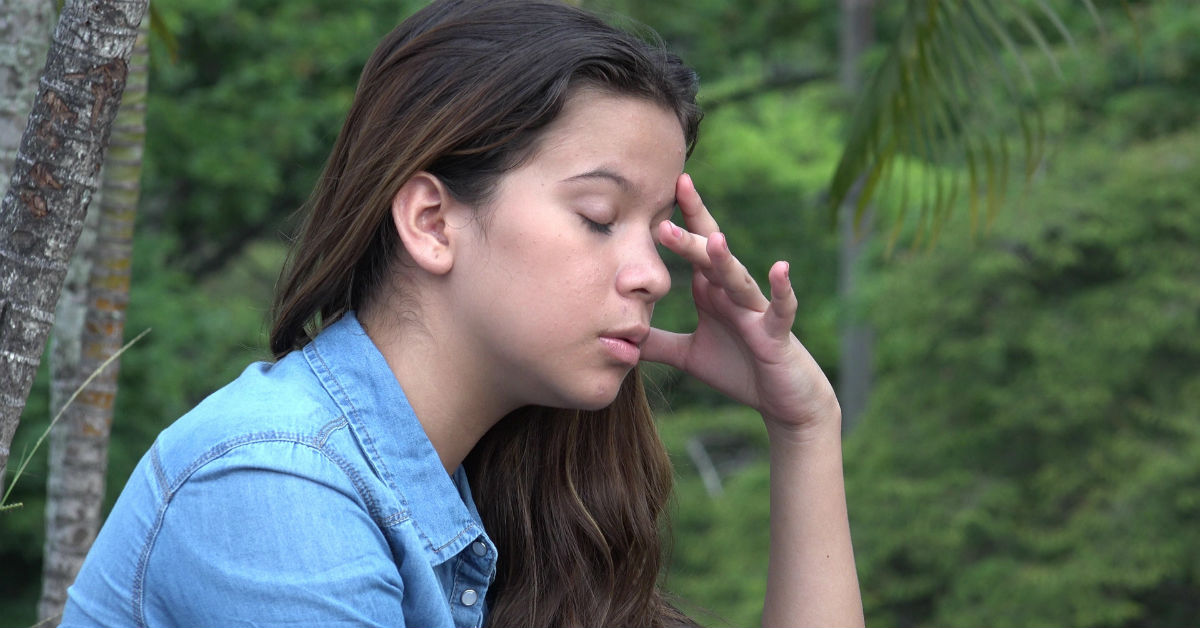Are you having a hard time deciding if boarding school is right for your teen? If so, you’re not alone. The National Association of Therapeutic Schools and Programs (NATSAP) reports sending children to a therapeutic boarding school for troubled teen is one of the most difficult decisions parents will make in their life. Usually, the final decision comes down to behaviors related to addiction, illegal activities, and mental illness.
Substance Abuse
Teenagers are notorious for experimenting, especially with drugs and alcohol. Actually, 78 percent of teens try alcohol, and nearly half (47 percent) consume more than 12 drinks in a year. Eighty one percent of teens report they have the opportunity to use drugs, and 42.5 take that opportunity to try them. Researchers wrote, “Because the early onset of substance use is a significant predictor of substance use behavior and disorders in a lifespan, the public health implications of the current findings are far reaching.” What’s frightening is that research has found that 15 percent of teens are considered as alcohol abusers and 16 percent of them are drug abusers. Fourteen is the average age teens become dependent on substances.
Since teens who abuse alcohol or drugs are much more likely to be addicted as adults, it’s important they are treated as soon as possible. A structured therapeutic boarding school is perfect for teens struggling with substance abuse issues. Getting away from peer pressure and drug/alcohol access, and being able to get the therapy needed to understand abuse and addiction can be extremely effective in stopping addiction.
Illegal Activities
Teens who are engaged in illegal activities are at risk for incarceration, so it’s better to protect them from that route with a troubled teen boarding school. The Social Policy Report from the Society for Research in Child Development revealed over 1 million teens end up in juvenile court annually. Approximately, 160,000 of them are referred to correctional institutions, group homes, and detention centers. These environments keep teenagers from committing crimes, but they do not help them understand why they did them and how to stay away future legal issues. Only troubled teen boarding schools can help teenagers learn why they have travelled down that path, and then learn appropriate ways to problem solve that do not involve breaking laws.
Mental Illness
The journal Pediatrics reports that 13 percent of American teenagers suffer from one or more mental disorders. The most common are:
- Anxiety disorder
- Panic disorder
- Eating disorders
- Depression
- Attention-deficit/hyperactivity disorder
- Conduct disorder
The problem isn’t mental illness in adolescence, it’s the lack of treatment for them. Dr. Kathleen R. Merikangas from the National Institute of Mental Health (NIMH) says, “We need to raise awareness that most of the problems that we see in adults in terms of depression, anxiety, substance abuse, even psychosis, begin in adolescence, some in childhood. We need to identify these kids so that we can prevent these conditions from interfering with their development – and life.”
A therapeutic boarding school for troubled teens helps teens suffering from mental illness. With therapists and psychiatrists on staff, a teenager can get the counseling and medication needed to overcome the limitations of their disorder.
More Information about Troubled Teen Boarding School
For more information on troubled teen boarding schools, please contact us. We can help you understand if your teen’s behavior warrants our therapeutic environment. Our mission is to help teens overcome the challenges of adolescence, so they can live a successful life.











0 Comments